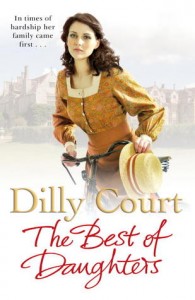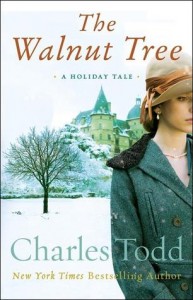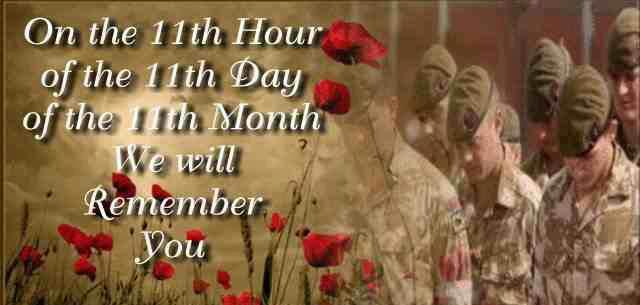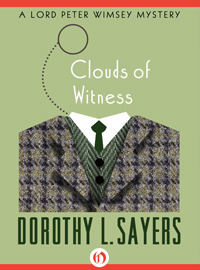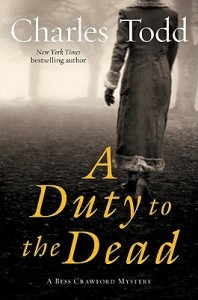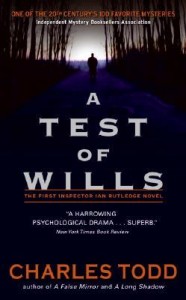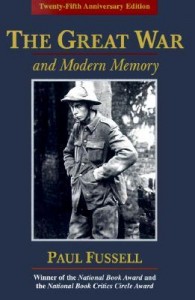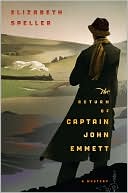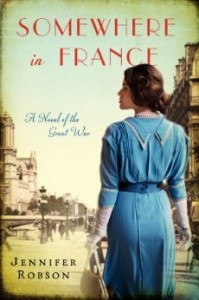 Format read: ebook provided by Edelweiss
Format read: ebook provided by EdelweissFormats available: paperback, ebook
Genre: historical fiction, historical romance
Length: 400 pages
Publisher: William Morrow
Date Released: December 31, 2013
Purchasing Info: Author’s Website, Publisher’s Website, Goodreads, Amazon, Barnes & Noble, Kobo, Book Depository
Lady Elizabeth Neville-Ashford wants to travel the world, pursue a career, and marry for love. But in 1914, the stifling restrictions of aristocratic British society and her mother’s rigid expectations forbid Lily from following her heart. When war breaks out, the spirited young woman seizes her chance for independence. Defying her parents, she moves to London and eventually becomes an ambulance driver in the newly formed Women’s Army Auxiliary Corps—an exciting and treacherous job that takes her close to the Western Front.
Assigned to a field hospital in France, Lily is reunited with Robert Fraser, her dear brother Edward’s best friend. The handsome Scottish surgeon has always encouraged Lily’s dreams. She doesn’t care that Robbie grew up in poverty—she yearns for their friendly affection to become something more. Lily is the most beautiful—and forbidden—woman Robbie has ever known. Fearful for her life, he’s determined to keep her safe, even if it means breaking her heart.
In a world divided by class, filled with uncertainty and death, can their hope for love survive. . . or will it become another casualty of this tragic war?
My Review:
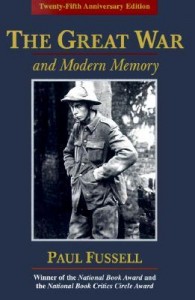 The quote that opens this book, “The lamps are going out all over Europe, we shall not see them lit again in our life-time” is one that is often used in reference to the Great War, as World War I was referred to. It’s a quote that has haunted me since the first time I read it in The Great War and Modern Memory by Paul Fussell, a literary exploration about how WWI changed public consciousness in the mind of a generation.
The quote that opens this book, “The lamps are going out all over Europe, we shall not see them lit again in our life-time” is one that is often used in reference to the Great War, as World War I was referred to. It’s a quote that has haunted me since the first time I read it in The Great War and Modern Memory by Paul Fussell, a literary exploration about how WWI changed public consciousness in the mind of a generation.
And that’s fitting, because the WWI era has become very popular in the 21st century. The WWI era is also the Downton Abbey era, and we think we know it well because of the popularity of Downton.
But the lamps really did go out, as is shown quite clearly in Somewhere in France. We live in the world created by the shuttering of those gentle lights. The universe lit by our much harsher electricity is a much different place.
Lady Elizabeth Neville-Ashford is a woman that we would recognize. She wants to be whatever she can be. She’s bright and intelligent and wants to stretch her mind and her horizons.
But the class-ridden society that she was born into has placed her upon a pedestal, one that her station does not allow her to step off of without dire consequences. On the one hand, she has wealth and privilege; on the other, she is not permitted the education or training that would fit her to make her own way in the world. And, as she discovers, if anyone assists her in gaining that knowledge, the punishments are severe.
An old family retainer teaches her to drive. Her parents take away his retirement cottage and his pension. This is legal, there is no safety net. It is not right, but they have that privilege. It is also the last in a series of venal punishments that Lilly can no longer bear. She wants to help in the war effort, but her mother in particular feels that the aid organizations are no place for an earl’s daughter.
Lilly leaves with a carpetbag and goes out to earn her own place in the world, armed only with determination and those driving and mechanical skills that cost so dear. She sells her jewels to pay for her parents’ cruelty to the man who taught her.
A young woman set on a course to do her duty to her country, she intends to help with the skills that she has. The Army recruits women ambulance drivers, and she serves in France under horrific conditions. But there she is reunited with the two men who have been steadfast in their belief that she can be whatever she wants to be if she just keeps trying; her brother Edward, and Edward’s best friend, Robbie Fraser.
When she was Lady Elizabeth, Robbie was considered unsuitable for her. He’s a Scot who made it into university on scholarship and is supporting himself as a surgeon. As a professional man, her family considers him barely more than a tradesman. But for Lilly the independent woman, Robbie is the only man who knows who she really is and loves her for herself.
If he can just get over who she used to be, and what the war has done to them both.
Escape Rating A: This is a fantastic book to start the year with. Absolutely stunning.
Lilly starts the story as a bird in a gilded cage. You can feel her beating her wings against the bars; she wants out, but she’s letting herself be made smaller and smaller every day. Then the war (and an opportune visit from Robbie) kicks her into realizing that she can make a difference if she’s willing to step outside the box that her parents are determined to put her in.
Once she decides to start taking what to 21st century readers seem like reasonable risks (learning to drive, writing letters to friends) Lilly really starts to blossom. She doesn’t whine, she gets down to work.
We see the war from Lilly’s perspective as an ambulance driver. Think of MASH only with less developed surgical techniques and 30 years fewer medical advances. In other words, more death. Lilly drove the wounded through a nightmarish “No Man’s Land” day after torturous day, yet still kept on, because it was the best way she could contribute.
That a romance flourishes at all under these circumstances is both amazing and not surprising at all. The urge to find a spark of life amidst all that death seems natural, but Lilly finds Robbie at an Aid station, and they move haltingly beyond friendship. Robbie has an impossible time believing that they have any future, and there is often heartbreak.
The portrayal of the woman rising beyond everything her society believed possible of her is a terrific read. If you enjoy Downton Abbey, you will fall in love Somewhere in France.
And if you get caught up in Lilly’s wartime escapades, you may also enjoy Bess Crawford. Bess is a nurse in France in this war. Her first story is A Duty to the Dead.


